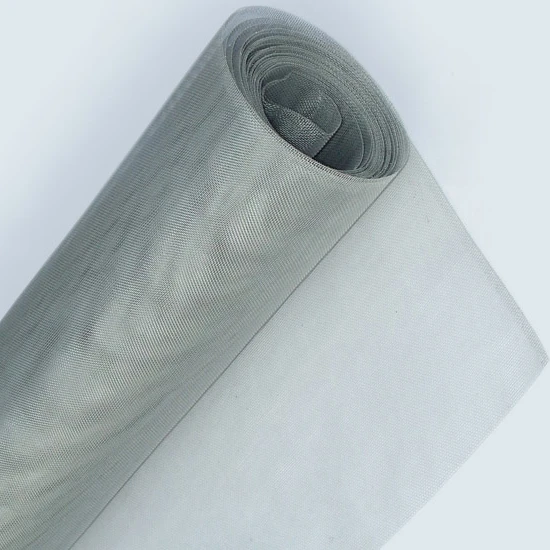The Importance of Plant Support Stake in Sustainable Agriculture
As we march further into the era of sustainable agriculture, the significance of plant support stakes cannot be overstated. These humble tools play a pivotal role in optimizing plant growth, improving yields, and minimizing environmental impacts. This article delves into the various aspects concerning plant support stakes, their application, and the benefits they provide to both farmers and the planet.
Understanding Plant Support Stakes
Plant support stakes are structures made of various materials, such as wood, metal, or plastic, that support plants as they grow. Their primary function is to provide physical support to plants that may not be able to maintain an upright position due to their size, weight, or external conditions such as wind and rain. Common applications include supporting tall or heavy fruit plants like tomatoes, climbing plants such as beans and peas, and flowers that require stabilization.
Enhancing Growth and Yield
One of the most significant advantages of using plant support stakes is the enhancement of growth and yield
. Properly staked plants tend to have better air circulation, allowing for optimized light exposure and minimizing the risk of disease caused by humidity. Moreover, supported plants are less prone to damage during adverse weather conditions, which means that producers can achieve a higher percentage of marketable yield.For instance, tomato plants, known for their sprawling nature, benefit immensely from being staked. When staked, these plants can access sunlight more effectively, resulting in better fruit production. The ability to control plant height and spread reduces competition among plants for nutrients and light, ultimately leading to healthier crops and increased productivity.
Environmental Benefits
plant support stake

Plant support stakes contribute to sustainable agricultural practices as they reduce the need for chemical inputs. By promoting healthy plant growth and decreasing the risk of disease, farmers can rely less on pesticides and fertilizers. Improved air circulation and light penetration also mean that crops can thrive without artificial enhancements, aligning with organic farming principles.
Moreover, using natural materials for plant stakes, like bamboo or untreated wood, can be an environmentally friendly choice. These biodegradable materials break down over time, contributing organic matter back into the soil and enhancing soil health. As modern agriculture increasingly focuses on sustainable practices, the choice of plant support stakes can reflect a commitment to environmental stewardship.
Ease of Use and Versatility
Plant support stakes are easy to install and can be customized to suit various plant types and growing conditions. They are available in different sizes and materials to accommodate the specific needs of diverse crops. This versatility allows farmers to adapt their strategies based on changing weather patterns and local conditions.
Additionally, the use of stakes can promote crop rotation by allowing for more organized growth layouts. Farmers can easily move stakes from one planting season to another, facilitating better planning and management of crop varieties.
Conclusion
In conclusion, plant support stakes are a crucial element of sustainable agriculture. They offer numerous benefits, including enhanced growth and yield, reduced chemical input needs, and environmental sustainability. As the agricultural sector continues to evolve, emphasizing techniques that foster healthy ecosystems, the importance of simple tools like plant support stakes will remain vital. By investing in and employing these structures, farmers can ensure not only their productivity but also a healthier planet for future generations. Embracing plant support stakes is a step forward toward more responsible and sustainable agricultural practices.
















